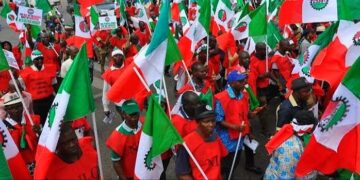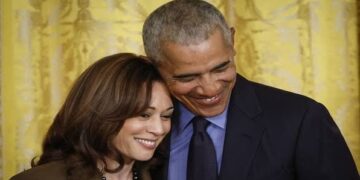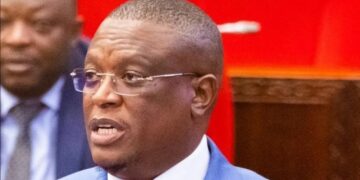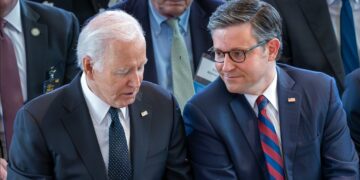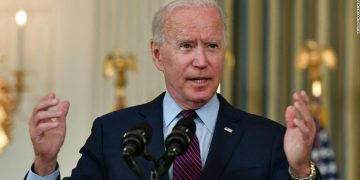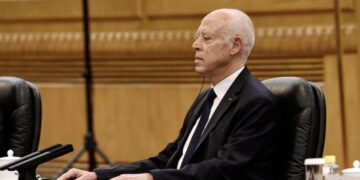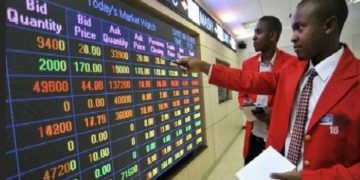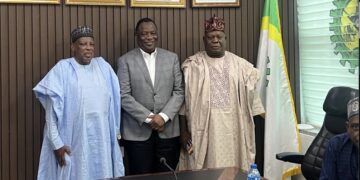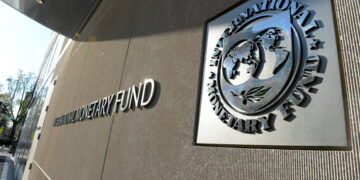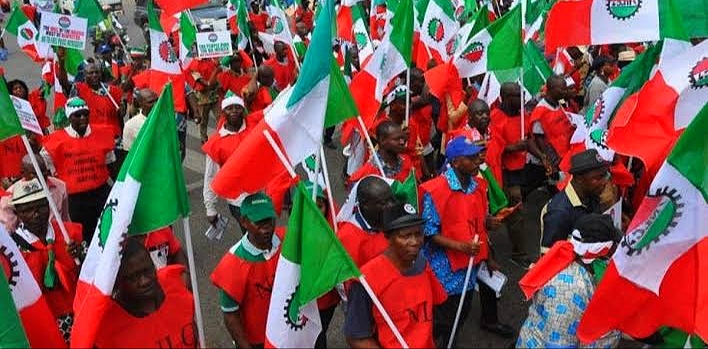By John Ikani
Nigeria’s two largest labour unions – the National Labour Congress (NLC) and the Trade Union Congress (TUC), have jointly announced an indefinite strike set to commence next Tuesday.
Their protest is in response to the government’s handling of the escalating cost of living.
The NLC and TUC have accused the government of failing to alleviate the financial hardships faced by Nigerians, exacerbated by the recent removal of the fuel subsidy.
“It will be a complete halt until the government addresses the demands of Nigerian workers and, indeed, the Nigerian public,” emphasized the union leaders in a joint statement.
They have urged all workers to cease their activities starting from October 3rd and have plans to organize street protests.
Recent months have seen a surge in food and commodity prices, largely attributable to the rising fuel costs, which have inflated production and transportation expenses.
In addition, Nigeria’s currency, the naira, has significantly depreciated against the US dollar, with an average exchange rate of 780 naira to $1. This depreciation has led to higher import costs.
While the government had implored the union leaders to postpone the strike and make room for negotiations, they underscored the potential adverse impact the strike could inflict on the economy.
President Bola Tinubu defended the removal of the fuel subsidy, deeming it essential, as sustaining artificially low petrol prices had become financially unsustainable.
